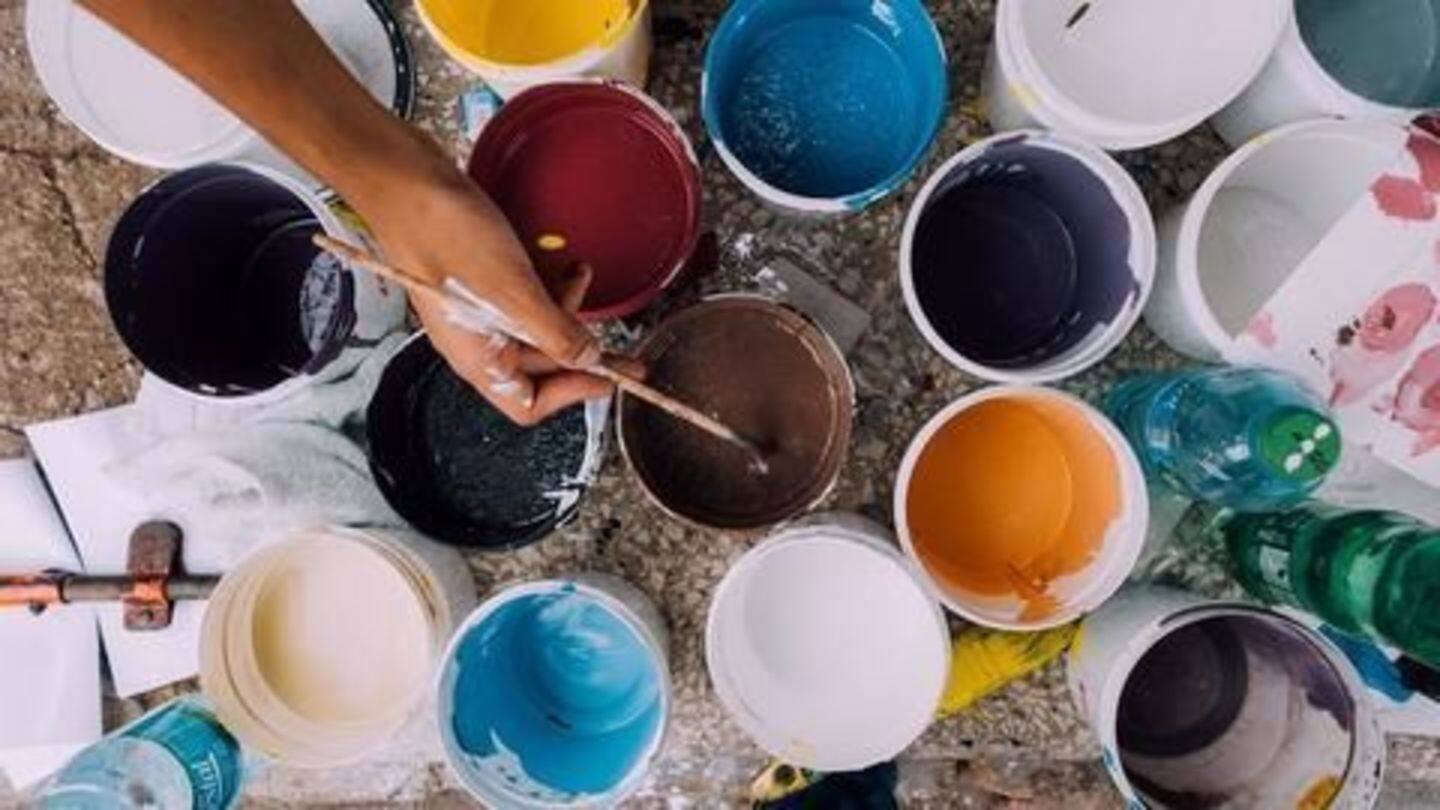
AI is giving birth to an ethical dilemma
What's the story
There is always a hint of trepidation every time when journalists are asked to write about AI. Do we say, it's good or do we say it's bad?
When AI first came to the forefront, it was about technology. Now when AI has started to paint a picture, it's a deep sense of foreboding and fear.
Here's how the well-defined lines are getting blurred.
AI
Let me paint you the picture
A team of scientists has trained an AI engine to paint and I am not talking doodles or making a copy.
This AI paints on its own and the result is so good that it fools even the harshest critics.
In technical lingo, a research paper published in arXiv cites this as an extension of Generative Adversarial Network (GAN) into Creative Adversarial Network (CAN).
Artist
What is powering this AI artist?
There are two components, the discriminator and the generator. The discriminator is supplied with a large collection of art samples, while the generator doesn't get any access to it.
After the generator creates a painting, it gets two signals from the discriminator. The first classifies the image into 'art or not art' and the other says where does it fit into existing art styles.
Network
A unique individualistic creative painting
These two signals act against each other forcing the generator to create pieces that are "art" yet radically different from existing art styles, making it carve its own separate niche.
This network was given 81,449 paintings by 1,119 artists across the 15th-20th centuries to learn from by Rutgers University, Facebook's AI Research lab, and College of Charleston researchers.
Judgement
This is a grey area
Now comes the tricky part. Is this good or is it bad? AI has already created music (Transits - Into an Abyss), written fiction that passed initial screening of a literary prize in Japan (The Day A Computer Writes A Novel) and made a movie trailer (Morgan).
The lines are gradually getting blurred, as AI is entering territories that were supposedly AI-proof.
Rules
This question will need an answer soon
Over the years, demarcation of what AI can do and can't have been an important factor. Now we're pushing this technology into unexplored territories and it's excelling in them.
The question that arises now is, at what point should we pull the plug or make rules to safeguard humans from AI. Humanity is led by curiosity and it was curiosity that killed the cat.